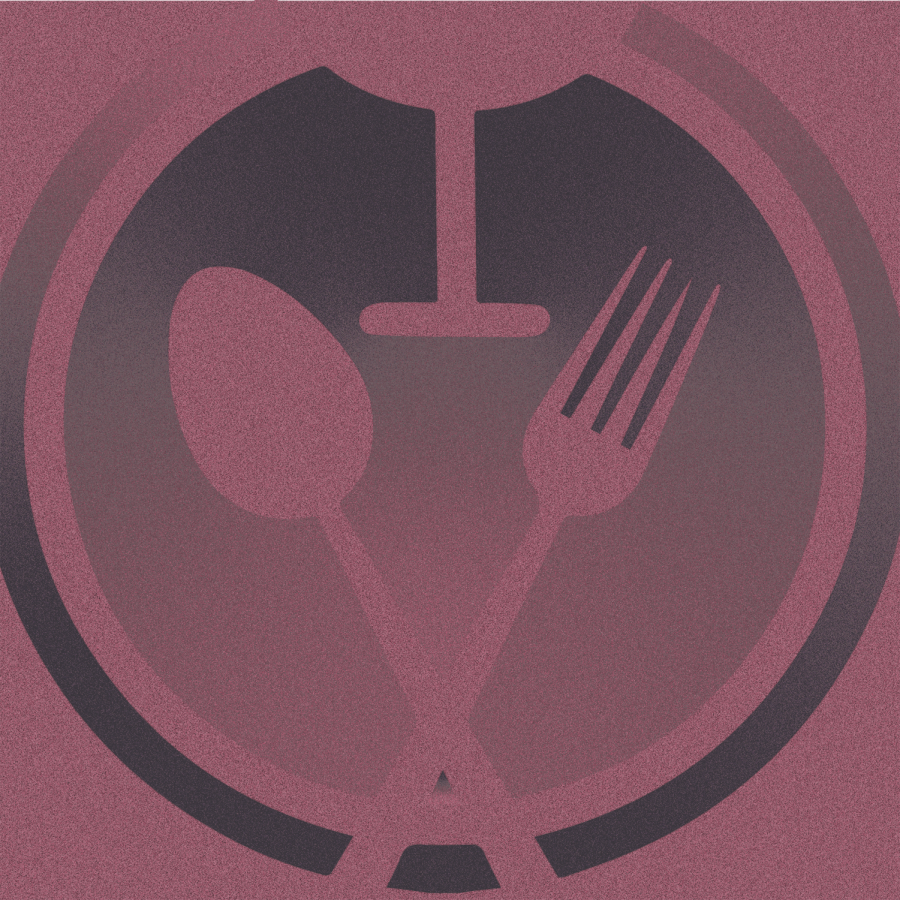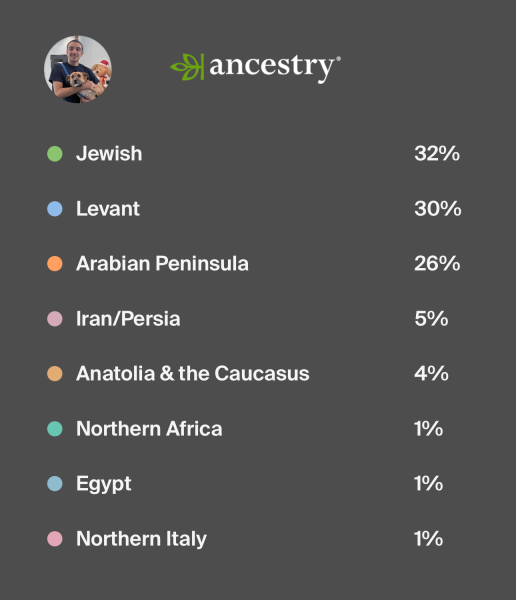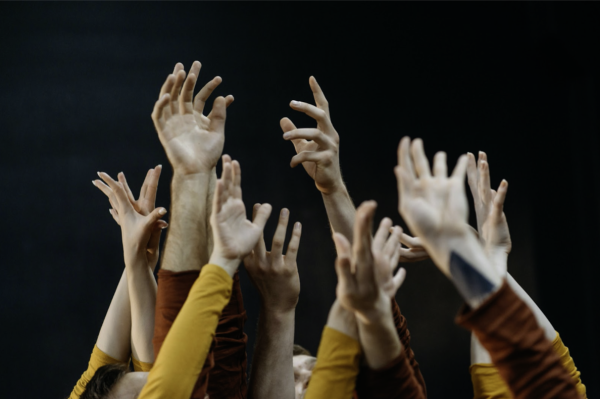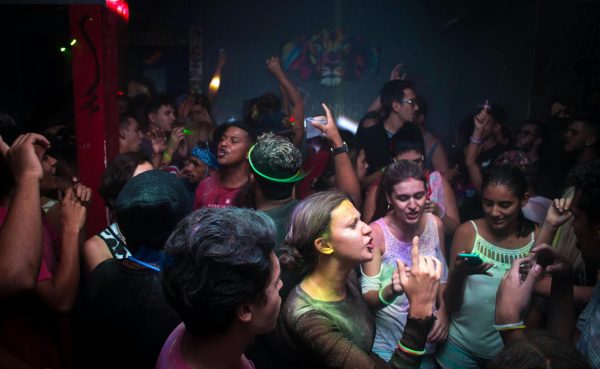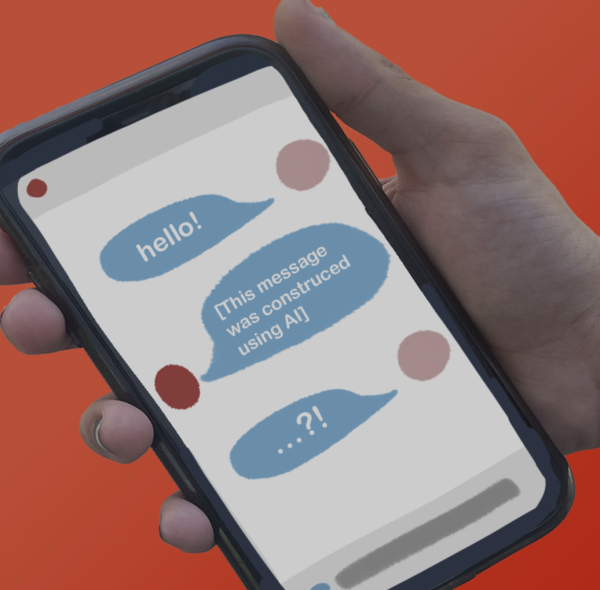Learning how to cope with an eating disorder over the holidays
The holidays are fast approaching, and with them come gatherings, feasts and turkey dinners. For many, the thought of these festivities generates feelings of warmth and excitement as the holiday season draws near. Yet, for many people with eating disorders, those things don’t bring joy. They bring mental distress.
I have struggled with an eating disorder for years. I’ll be in recovery for an extended period of time and then relapse. It feels like a never-ending cycle. No matter how healthy I am, my eating disorder will always linger in the back of my mind. An eating disorder is more than an unhealthy relationship with food — it’s a mental illness. When you struggle to feed yourself, your brain can’t function normally.
I always found myself struggling more in the seasons of fall and winter. From late October through early January, seemingly every festivity involves copious amounts of food. There’s Thanksgiving, Christmas and New Years. The endless amount of gatherings sends me into distress.
I find myself having anxiety about people watching me eat while attending events such as Thanksgiving dinner. It’s really stressful when a time of the year that’s supposed to be so joyful can be so triggering and difficult.
For as long as I can remember, I found it difficult to experience the joy and happiness that many people experience during the holiday season because I was focused on the eating portion of it. I became hyper-aware and super focused on food, body image and large gatherings.
An article from Monte Nido explains how this results in not just anxiety and depression, but also isolation. To avoid facing this fear, those with eating disorders tend to turn down dinner and party invitations. Last Thanksgiving, I remember hiding in my room from my family because I felt “sick” and couldn’t eat with them. I told them I was physically sick when in reality, I was mentally sick.
Another aspect of family gatherings is hearing family members comment on your body. Sometimes it’s not even negative, but it can still make you self-conscious. My distant relatives would tell me I “looked good,” but I was getting to that point by harming my body and not properly taking care of it. My entire life was a disaster. I was filled with such intense misery and anxiety, and I had nowhere else to turn but toward my eating disorder.
I would attend holiday dinners in oversized clothes that covered my body so no one could see my arms or legs. Looking back, I realized how embarrassing that was.
Eating disorders also come with guilt and punishment. Even when eating a normal-sized, healthy meal, I found myself feeling guilty for eating too much. Whenever I felt guilty, I would take a laxative or go on a run to burn off the calories. I hated the pressure of eating food and the constant worry of offending others when I wasn’t eating.
A study from The National Library of Medicine found that 94% of college students supported the hypothesis that women with eating disorders experience more shame and guilt in relation to eating than those who don’t.
The thing about eating disorders is that they are so heavily romanticized, especially on social media. Growing up, being thin was so heavily glamorized that it still traces back to me now. When I think about my ED, I don’t think about my appearance. I think about how tired and lonely I felt.
Most tend to think of it as a disorder of action: you starve yourself, you over-exercise and that’s it. Little do people know the mental processes going on in the brain. Food is one of our most basic instinctual forms of reward, and the disordered mind doesn’t recognize this. This guilt strips away the joy and the meaning of the holidays, and it feels like it will never end.
This past year, I have made it a goal not to let my eating disorder control my life, and I can proudly say that I’m better than last year. I still deal with intrusive thoughts, but I find it easier to control them than ever before.
There are a few things that helped me heal my relationship with food, meaning that now I actually look forward to this year’s holiday season.
I keep a lot of my personal life private, and I was always secretive about how I was doing emotionally and mentally. My eating disorder was a secret to most of the people in my life. The second you fall down the path of restrictive eating, the whole world around you gets ugly. I didn’t want anyone to know I saw the world that way.
Eventually, I decided to be open about my struggles, and I’m grateful for the outcome of that. Knowing that I had the courage to inform my family and friends made me feel proud. Despite the fact that a part of me believes that everyone knew I had an ED, I found that sharing my feelings made me more motivated to get better. Even having a close friend ask “did you eat today?” has impacted me in the long run.
Secondly, I found that cooking my own meals and fueling my body with the proper nutrients helped me as well. I used to be so worried about eating and feeling guilty, but now I can look forward to cooking for myself and those I love.
Rather than associating eating with anxiety and stress, I now see food as fuel. The food I eat gives me the energy to do things I love. It gives me the energy to surround myself with my loved ones. I feel so accomplished knowing I can eat in front of people.
I found that nourishing my body with healthy food completely transformed my hair, skin and nails. It truly felt like blooming into a new version of myself. Most importantly, I felt stronger and happier. Taking care of myself gave me this new, profound sense of self-love. I wish I had known that a long time ago.
It’s crucial to realize you’re not alone when battling an eating disorder. Even though recovery might be difficult — it is worth it. Recognizing your triggers, comprehending the symptoms of a relapse and learning what to do if you begin to relapse are all crucial, but most importantly, it’s critical that you take pleasure in the holiday season and the company of the people around you. The best present of all would be for everyone to be free of the bonds of an eating disorder.
Here are some national and local resources for those struggling with an eating disorder:
National:
Local:
Jolie Asuncion can be reached at [email protected].








